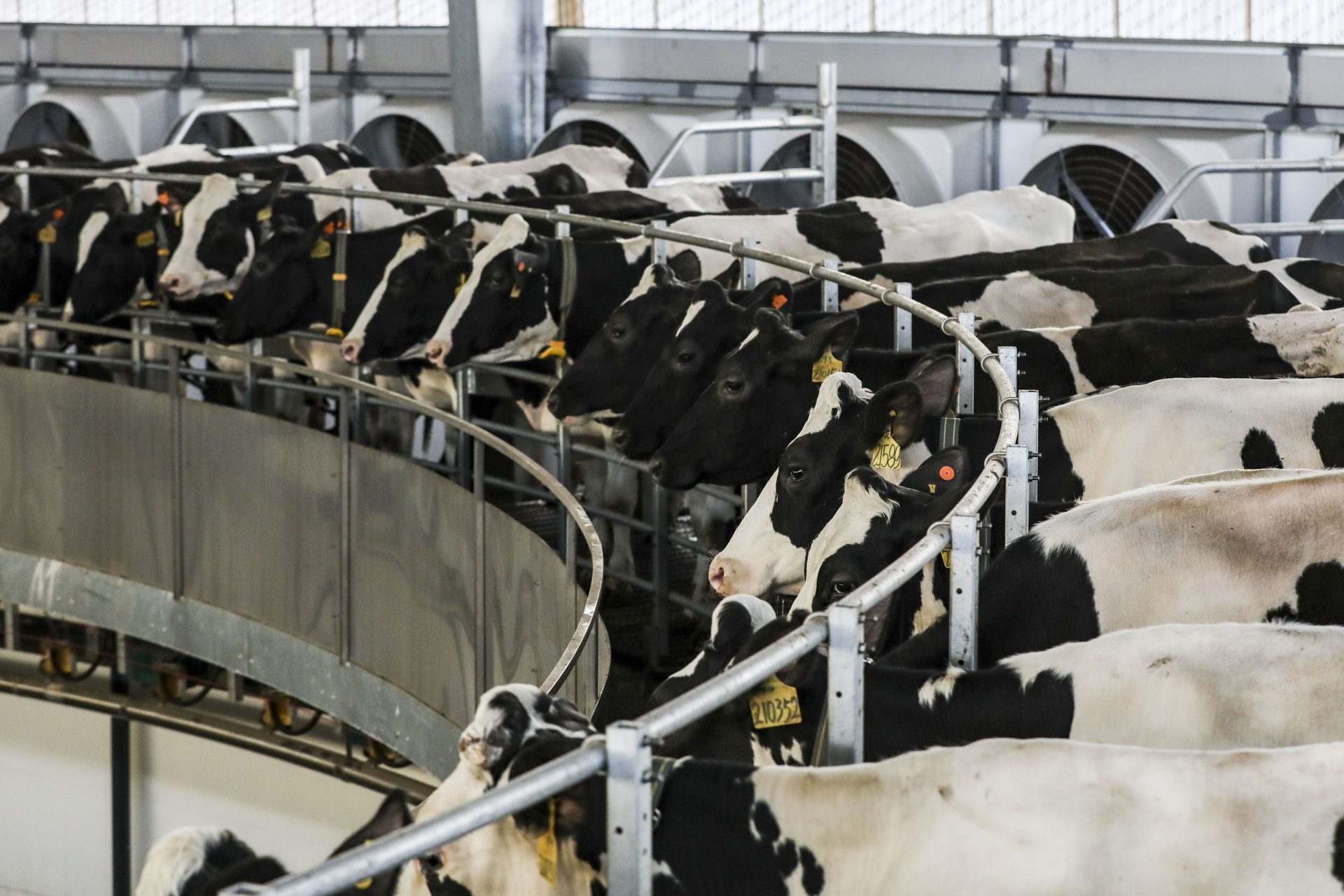Could increased antibiotic use in agriculture result in the emergence of more drug-resistant superbugs?
The use of antibiotics in livestock farming has facilitated the increased production of food worldwide. However, does the extensive use of these powerful medications present a larger issue? Click on to learn about why you should be concerned about the widespread use of antibiotics in agriculture today.
The use of antibiotics and other antimicrobial drugs in animal food production is set to rise dramatically over the next decade according to research from January 2023, and it's a situation that could have dire consequences for you and me.
According to a new study published in PLOS Global Public Health, the use of antibiotics in animal farming will grow by a whopping 8% between 2020 and 2030.
While 8% might not sound like a lot, it’s more than enough to help bred new forms of drug-resistant superbugs that could make antibiotic use in humans worthless.
Superbugs can be any strain of bacteria, viruses, parasites, or fungi that are resistant to antibiotics according to The Mayo Clinic, and sometimes this can occur naturally in nature.
In our modern world, most super-resistant strains of bacteria are being helped along by the overuse of antibiotics and antimicrobials, especially in everyday animal farming.
“Overuse of antibiotics in agriculture is thought to be a major driver of the rise in humans of bacterial infections that cannot be treated with antibiotics,” wrote Nature’s Sara Reardon.
“Although antibiotics can be necessary to treat infections in livestock,” Reardon added, “they are often used to speed up animal growth and prevent diseases among animals in crowded, unsanitary conditions.”
The researchers behind the study found that at least 107,500 tons of antibiotic and antimicrobial drugs will be used on farmed pigs, chickens, sheep, and cows by 2030 and noted that this will help humanity but could also prove to be our doom.
“Use of antimicrobials in farming has enabled the growth of intensive animal production and helped in meeting the global increase in demand for animal protein,” the study’s authors wrote.
“However, the widespread use of veterinary antimicrobials drives antimicrobial resistance, with important consequences for animal health, and potentially human health,” the authors of the study added.
In the discussion section of their work, the authors of the study pointed out that their research had only scratched the surface of antibiotic use in animal farming and the actual number was likely far higher.
Six out of the top ten largest meat-producing countries in the world—Brazil, Russia, Mexico, Argentina, India, Viet Nam—do not report their antibiotic use to the public according to the study’s authors.
Reducing the use of antibiotics and antimicrobials use in everyday life is essential to reducing the risk of creating drug-resistant superbugs.
“Antibiotics and other forms of antimicrobial drugs are essential to our everyday lives,” wrote Forbes health reporter Robert Hart.
“They are vital for treating a litany of infections, make invasive surgery possible and cut the risks of immune system-dampening treatments for conditions like cancer.”
The World Health Organization estimated that by 2050 more than 10 million people could die each year from drug-resistant diseases.
“In a world where antibiotic use has become so commonplace, resistant bacteria out-compete those that are killed off by pharmaceuticals,” wrote Doctor Mohsen Naghavi in January 2023 interview in Nature— and that's a major problem for humanity.
More for you
Top Stories































